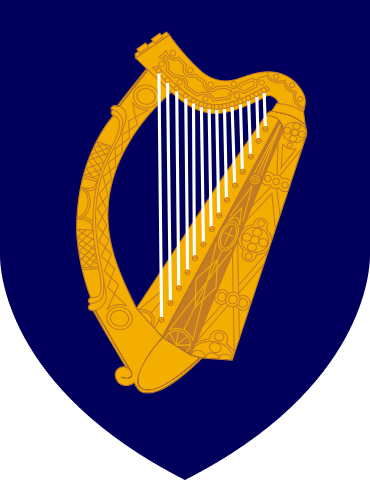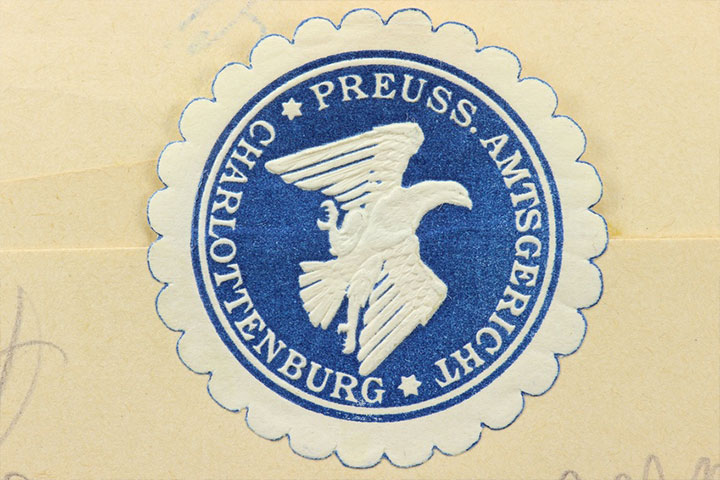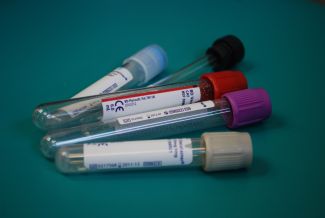
Schmidt & Schmidt provides services for the retrieval of civil status documents, as well as obtaining duplicates, lost or damaged documents in Ireland with their subsequent legalization and translation.
It often happens that civil status documents are lost or damaged, or it is necessary to obtain current copies of documents. In this case, it is necessary to request duplicate documents. Often, those who have left Ireland face difficulties in this procedure. Our service allows you to request documents in Ireland remotely, and we can provide courier delivery of the document to anywhere in the world.
In Ireland, it is a legal requirement to maintain a record of every birth, marriage, and death that occurs within the State. When a birth, death, marriage, or adoption is registered, a certificate is issued to the relevant parties (for instance, parents in the case of a birth, the couple for a marriage, or next-of-kin for a death). These records are crucial legal documents and should be stored securely. For example, a birth certificate is necessary for enrolling a child in school or applying for an Irish passport, while a death certificate is required for managing the estate of a deceased person.
Validity of civil status documents in Ireland
Civil status documents issued in Ireland generally have a validity period of no more than 6 months, after which they must be replaced with new ones containing up-to-date information.
When to obtain duplicate documents in Ireland
A duplicate birth certificate, marriage certificate, name change certificate, divorce certificate, criminal record certificate or death certificate may be required to register a marriage abroad, a newborn child, citizenship, inheritance, data verification for pension applications, opening bank accounts, employment and other bureaucratic issues.
What documents can be requested in Ireland
- Birth certificate
- Marriage certificate
- Certificate of change of surname
- Divorce certificate
- Death certificate
- Certificates of good conduct
- Educational documents
- Other civil status documents
Types of certificates
There are different types of certificates available from the General Register Office:
- Full standard long form certificate
This is a certified copy of an entry in the register. It is the certificate used for legal and administrative purposes.
- Photocopy
Photocopies contain the same information as the certificate but can only be used for research purposes.
- Authenticated
In certain situations, this certificate is needed apart from the certified copy.
- Multilingual Standard Form (MSF)
An MSF is a translation of a birth, death, marriage, or civil partnership certificate, enabling its use in another EU member state. However, the MSF has no legal effect on its own. When applying for the certificate through the General Register Office or any Civil Registration Service, you must specify the required EU language and request the MSF at that time.
Birth certificate
A birth certificate is an official document provided by the Registrar or acting Registrar of the relevant Civil or Consular Register. It verifies details of an individual's birth, including the date, sex, and, if applicable, the time of birth and family relationships.
The birth certificate can be requested by phone or by walk-in order by most civil registrations. It must be registered within 3 months of the birth.
Required documents
- Full birth name on the certificate
- Date of birth
- Place of birth
- Gender
- Mother's full birth name
- Father's full name, if recorded
Marriage certificate
The marriage certificate is the legal record of marriage, used to verify marital status. It is usually required for procedures such as changing the last name, applying for spousal benefits, immigration applications and for inheritance matters.
You can order a certificate over the phone from most civil registration services. Some have a walk-in service.
It is registered after the ceremony, usually by the officiant.
Required documents
- Full names before marriage
- Date of marriage
- Name and full address of church, civil registration office or venue where the marriage took place
Divorce certificate
A divorce certificate (also known as decrees) serves the purpose to verify the legal dissolution of a marriage. It is required for procedures such as remarrying, updating marital status on legal records, immigration applications, and legal matters involving custody, support, or property division.
Decrees are issued by the State Courts when a divorce has been finalised in a final judgement by the Court. In some situations where assets are valued in excess of €3 million, an application can be made to the High Court.
Divorce records are not publicly accessible. Only the parties involved, their legal representatives, or individuals with a legitimate interest (e.g., executor of an estate) can request these records.
If the divorce certificate needs to be used abroad, you may require an apostille or certified translation.
Required documents
- Valid ID
- Full names of both parties to the divorce
- Date of the divorce decree
- Case/reference number
- Proof of Address
Death certificate
A death certificate serves the purpose to provide official confirmation of a person’s death. It is often needed for legal and financial matters such as settling estates, claiming life insurance, finalizing wills, notifying government agencies and closing bank accounts. The document can be obtained at the General Register Office (GRO) or a Civil Registration Office where the death occurred.
One can submit an application online, in person, or by post to the GRO.
Required documents
- Valid ID
- Full name of the deceased
- Medical Certificate of Cause of Death
- Date and place of death
- PPS Number of the deceased
- Proof of relationship or legitimate interest may be required in certain cases
Criminal record certificate
The criminal record certificate issued by An Garda Síochána verifies whether an individual has a criminal record.
It is needed for job applications in various sectors, including security and surveillance, applicants are usually required to present a current criminal record certificate. In most cases, this certificate is normally valid for 1 year.
Its use is for people who have lived in Ireland and want to work or study abroad. It is required by some foreign authorities.
Required documents
- Valid ID
- Application form
- Proof of address
- Purpose of the certificate
- Personal Public Service (PPS) number
Educational documents
Foreign educational documents only carry the same legal value as Irish documents if they are exempt from legalization or have undergone the necessary legalization process. Documents from countries with bilateral agreements with Ireland are fully exempt from legalization. Documents from countries that are part of the Hague Convention of 1961 undergo a simplified procedure called apostille. If neither countries are part of the convention or have bilateral agreements they undergo consular legalization.
















































